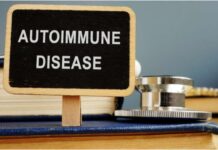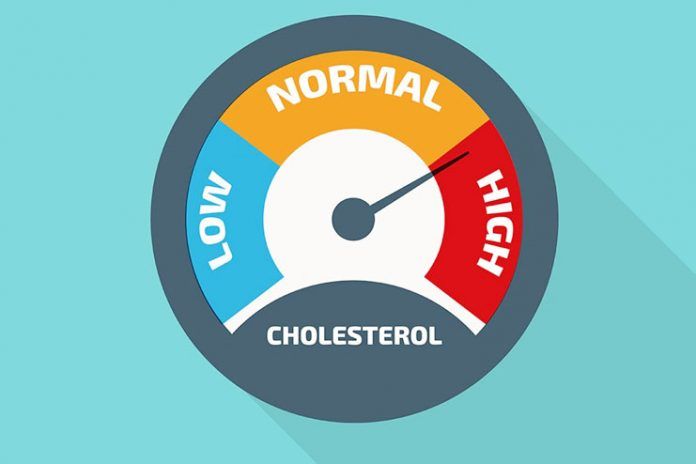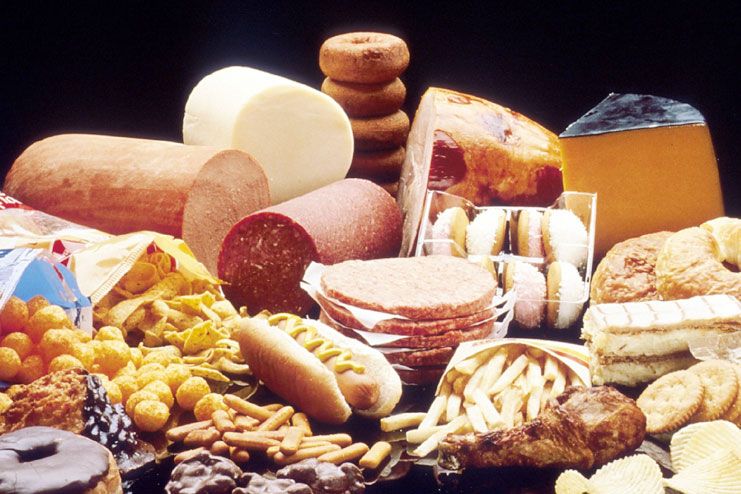Affiliate Disclaimer
Some links in this article are affiliate links. We may earn a small commission if you make a purchase through these links, at no extra cost to you. We only recommend products we find useful to our readersCholesterol is a type of fat in your blood. Your cells need cholesterol and your body makes it. If you have too much cholesterol, it starts to build up in your arteries. This is called hardening of the arteries or atherosclerosis. It can be the start up for some heart and blood flow problems. The build up can narrow the arteries and make it harder for the blood to flow through them. The build up can also lead to dangerous blood clots or inflammation that can in turn cause heart attacks. There may be some symptoms of high cholesterol that might be dangerous.
Why does cholesterol matter
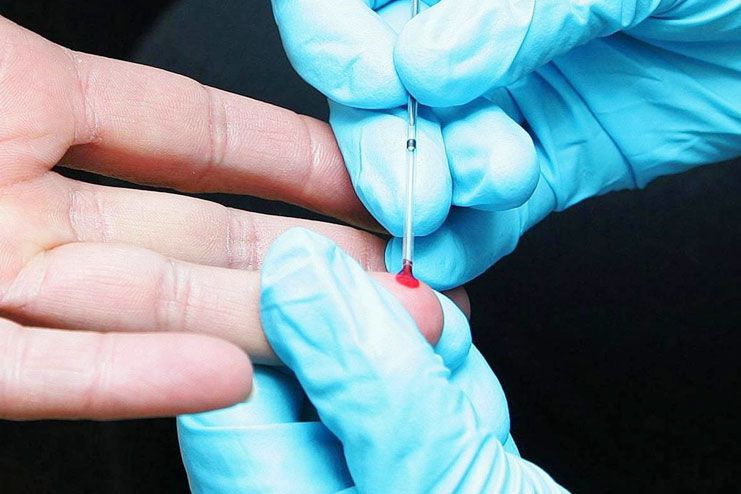 Your cholesterol levels may help your doctor find out your risk of developing a heart disease or heart stroke. Not only cholesterol but your doctor may use your cholesterol levels to calculate any risk. The other things that they calculate are
Your cholesterol levels may help your doctor find out your risk of developing a heart disease or heart stroke. Not only cholesterol but your doctor may use your cholesterol levels to calculate any risk. The other things that they calculate are
-
- Your blood pressure
-
- If you have diabetes or not
-
- Your age, sex, and race
- Whether you smoke or not
There are two types of cholesterol
-
- LDL or the bad cholesterol, this may increase the risk of heart disease, heart stroke or heart attack.
- HDL or good cholesterol, this is the kind of cholesterol that has the ability to lower the risk of heart disease, heart attack and stroke.
What are the symptoms of high cholesterol
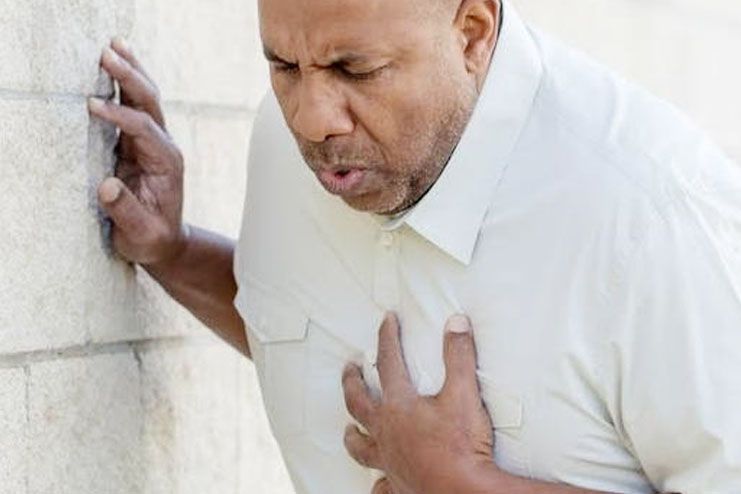 High cholesterol does not have any symptoms in particular. In most cases it only causes emergency events. For example, a heart stroke or heart attack may result from the damage caused by high cholesterol. These events do not occur until high cholesterol leads to the formation of plaque in your arteries. Plaque can narrow arteries so that less blood can pass through. The formation of plaque can change the form of the arterial lining. This may lead to serious complications.
High cholesterol does not have any symptoms in particular. In most cases it only causes emergency events. For example, a heart stroke or heart attack may result from the damage caused by high cholesterol. These events do not occur until high cholesterol leads to the formation of plaque in your arteries. Plaque can narrow arteries so that less blood can pass through. The formation of plaque can change the form of the arterial lining. This may lead to serious complications.
A blood test may be the only way to know if the cholesterol is high. High cholesterol means having a total blood cholesterol level above 240 mili grams per deciliter (mg/dL). After you cross 20, you may need a cholesterol test. You had better get your cholesterol rechecked once in every 4 to 6 years. If you have a family history of cholesterol you may get it checked or if you have the following issues
-
- Have high blood pressure
-
- Are overweight
- If you smoke
How can cholesterol levels be managed
The American heart association recommends you to go for a check up to cholesterol levels once in every 4 – 6 years if you are an adult who has crossed the age 20. You may have to get it checked if you have an increased risk of high cholesterol.
Risk factors of high cholesterol
-
- Obesity: Being obese that is having a body mass index of 30 or greater may put you at risk of high cholesterol.
-
- Lack of exercise: Exercise may help to reduce bad cholesterol and increase the good cholesterol. But lack of exercise may have opposite effects.
-
- Smoking: Cigarette smoking damages the walls of your blood vessels. This may make them accumulate fatty deposits. Smoking may also lower the levels of HDL, good cholesterol.
- Diabetes: High blood sugar contributes to higher LDL, bad cholesterol. High blood sugar may also damage the lining of the arteries.
Complications of high cholesterol
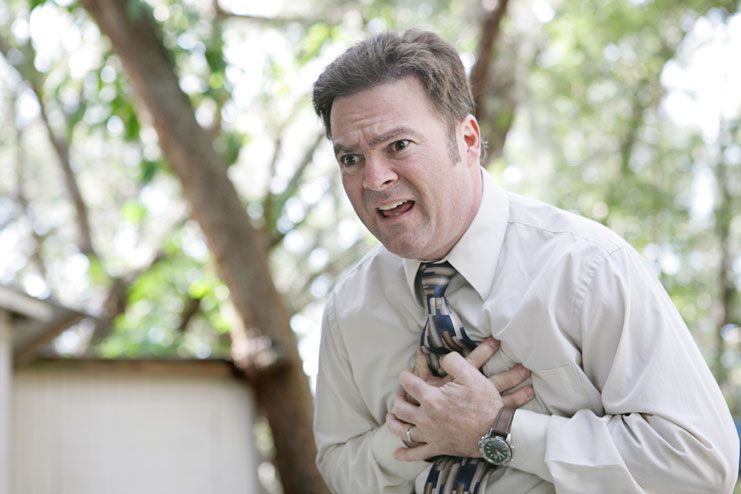 High cholesterol can cause atherosclerosis. It is a dangerous accumulation of cholesterol and other in the walls of your arteries. These deposits may reduce blood flow through your arteries that can cause some complications such as
High cholesterol can cause atherosclerosis. It is a dangerous accumulation of cholesterol and other in the walls of your arteries. These deposits may reduce blood flow through your arteries that can cause some complications such as
-
- Chest pain: Arteries supply blood to the blood vessels. If they are affected, you may have chest pain and other symptoms of coronary heart disease.
-
- Heart attack: If a plaque tears or ruptures, a blood clot may appear at the rupture-site. This may block the blood flow. If the blood flow stops to the heart, a heart attack occurs.
- Stoke: Similar to a heart attack, if blood flow stops to a part of your brain due to a blood clot, a stroke occurs.
How to diagnose
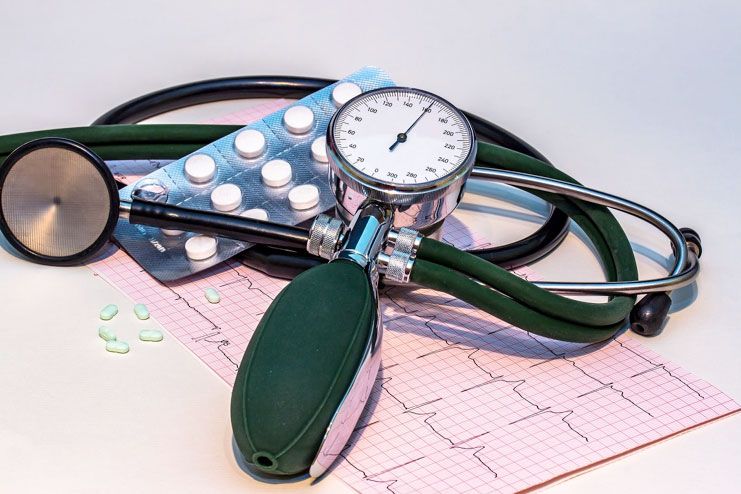 A blood test to check cholesterol levels is called a lipid profile. It reports
A blood test to check cholesterol levels is called a lipid profile. It reports
-
- Total cholesterol
-
- LDL cholesterol
-
- HDL cholesterol
- Triglycerides, a type of fat in the blood
The symptoms of high cholesterol may be a direct result of a heart attack or heart stroke. You may not be able to find the symptoms in particular. Only a blood test is a way to detect high cholesterol.
Pradeepa polineni


